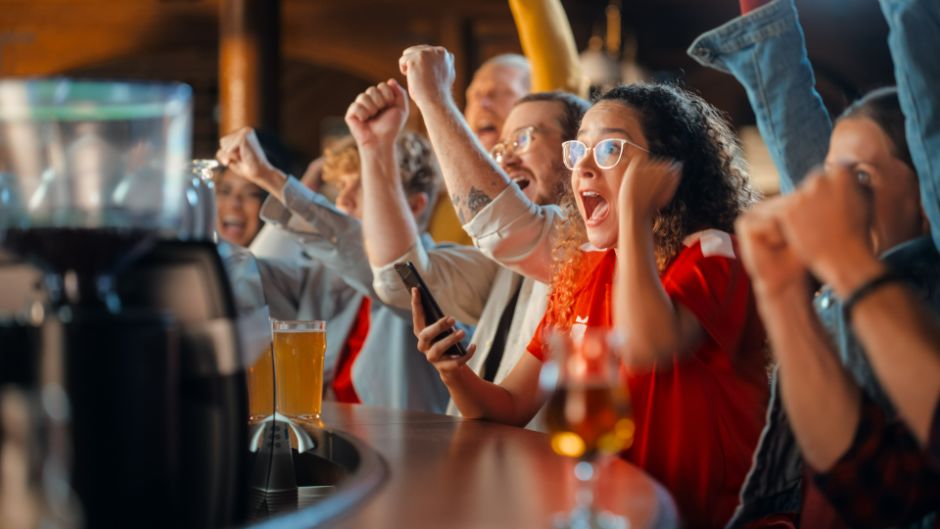The U.S. Supreme Court recently issued a temporary stay on a $2.5 billion gambling deal between the state and Florida's Seminole Tribe. The state's Republican Party-led legislature approved the deal in 2021 and signed it into law by Governor Ron DeSantis.
Adjunct professor Dan Wallach, one of the nation's premier legal experts in sports gambling, founded Wallach Legal LLC, a firm solely dedicated to sports wagering and gaming law in the United States. He teaches a sports betting and regulation course in the University of Miami's Entertainment, Arts, and Sports LL.M. program.
How did West Flagler Associates Ltd. v. Haaland and the Seminole Tribe reach the U.S. Supreme Court? What is at issue?
It all stems from the May 2021 gaming compact between the Seminole Tribe and the State of Florida.
The state agreed to give the Seminole Tribe statewide control over all sports betting, including bets received from customers outside Indian lands — on tablets and mobile devices, for instance.
However, the compact with the state had some fundamental legal problems: Florida's Amendment 3, which voters approved, granted the people the right to approve of any expansion of casino gambling.
The federal law, the Indian Gaming Regulatory Act, only authorizes gambling on Indian lands and nowhere else. The deal guaranteed the State of Florida $500 million a year. Now, three years later, instead of collecting a minimum of $1.5 billion, the state has received nothing.
The legal battle has passed the district and trial courts and is at the Florida Supreme Court and under review at the U.S. Supreme Court.
Florida's deal with the tribe wasn't just about sports betting but also included expanding venues on tribal land and offering a broader class of casino gambling opportunities. Are these also in play in the case before SCOTUS?
The elements of the compact that have to do with building new casinos or giving the green light to craps and roulette shouldn't be affected, and, indeed, West Flagler isn't even challenging those elements of the compact, so there should be no obstacle or at least a very low legal risk.
The two pending cases may only have a couple of months until disposition; the path of least resistance and the safest play here is for the Seminole Tribe just to wait out the court cases.
But as a practical matter, the Seminoles do have to be concerned about how their actions may be perceived by regulators in other states. One of the Seminole Tribe’s wholly owned subsidiaries, Hard Rock Gaming, is licensed to operate sportsbooks and casinos in other states.
They are rounding third base; they are so close to the finish line in the overall legal battle. They could have a final resolution on the state and federal questions in as little as three months.
Will this case turn on precedent, or is it a precedent-setting? Are similar cases waiting in the wings?
If the Seminoles prevail, it's just a matter of time before the state gives the tribe exclusivity with respect to online casino gambling. And if you are another stakeholder in Florida's gambling industry, you are essentially ceding the future of gambling in the state to the tribe to the serious detriment and impairment of every other gaming stakeholder which is not being given the right to participate.
It is the battle for the future of online gaming in Florida as well as the nation. If upheld, the Native American tribes in dozens of other states could use the Florida compact as a blueprint for their own compacts and open the door to tribal-controlled online sports betting and internet casino gaming.
If the Seminole Tribe can control both online sports betting and online casino games, they will become even more dominant in Florida’s gaming landscape, as essentially the only gambling entity with the right to offer these types of games. By contrast, the 30 or so licensed pari-mutuel facilities will be a severe competitive disadvantage and may be severely compromised financially.
Read more about Miami Law’s Entertainment, Arts, and Sports LL.M. program.

